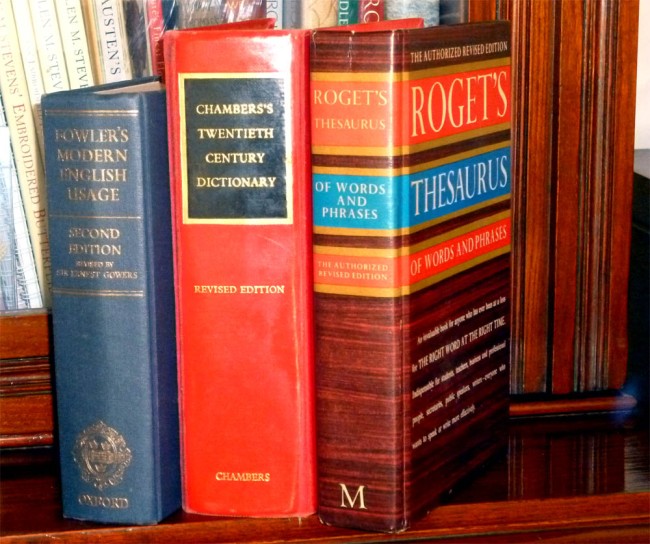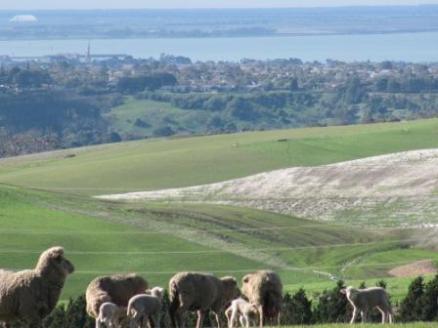One of my favorite high standard web sites to read is a Melbourne, Australia based site The Conversation, an independent source of news and views, sourced from the academic and research community and delivered direct to the public. I never fail to find something there to interest me.
Recently there was an article on The Rules for Book Reviewing . which I found very interesting considering the number of WordPress posts on books which I read each day. They range from genuine book reviews to the more personal reactions to the book.
The writer of the article included John Updike’s rules for reviewing,
Novelist and reviewer John Updike established five useful rules which are valid today:
- Try to understand what the author wished to do, and do not blame them for not achieving what they did not attempt.
- Give them enough direct quotation – at least one extended passage – of the book’s prose so the reader can form their own impression, can get their own taste.
- Confirm your description of the book with quotation from the book, if only phrase-long, rather than proceeding by fuzzy precis.
- Go easy on plot summary, and do not give away the ending.
- If the book is judged deficient, cite a successful example along the same lines, from the author’s ouevre or elsewhere. Try to understand the failure. Sure it’s theirs and not yours?
I don’t attempt to write reviews so I found myself looking at these rules in relation to the blogs I read. My main thought is that going by these rules some reviews do give away too much of the plot. I need just enough to know if the storyline is one which will appeal to me.
And the final statement could just as easily apply to readers as well as reviewers -is my lack of enjoyment of the book a result of my failure and not the authors. Hmmm. Well.
I invite you to read this article. It particularly applies to Australian reviewers but it could be interesting to all bloggers who write about their reading experiences, to see if different countries have different cultures in their book reviewing and to see how these rules compare with their own book blogging experiences
You might even find other articles which interest you.
 We all know a good review when we read one – but what actually differentiates a good review from a bad one? Hartwig HKD, CC BY-ND
We all know a good review when we read one – but what actually differentiates a good review from a bad one? Hartwig HKD, CC BY-ND
Image from Prof John Dale’s article on the Rules of Book Reviewing.















